Leading Stem Cell Companies in Malaysia
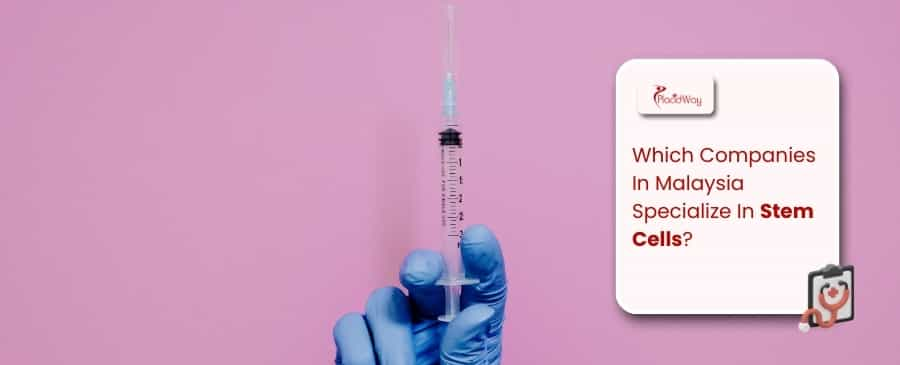
Many individuals and families are now looking into options for stem cell therapy Malaysia, stem cell banking Malaysia, or simply understanding the landscape of Malaysian stem cell companies. This guide is designed to shed light on the key players and specializations within Malaysia's stem cell sector.
Whether you're considering banking options for your family or exploring potential future treatments, understanding the local landscape of stem cell companies in Malaysia is a crucial first step.
Which Specific Companies and Institutions Specialize in Stem Cells in Malaysia?
Malaysia's landscape for stem cell specialization is multi-faceted, encompassing both commercial ventures and academic research. The commercial sector is largely dominated by companies offering stem cell banking services, primarily for umbilical cord blood and tissue.
What Types of Stem Cell Therapies are Available or Researched in Malaysia?
This therapy primarily uses stem cells derived from bone marrow, peripheral blood, or umbilical cord blood to treat a range of conditions, including:
- Various types of leukemia and lymphoma
- Myeloma
- Severe aplastic anemia
- Certain inherited metabolic and immune system disorders
Is Stem Cell Therapy Legal and Regulated in Malaysia?
The legality and regulation of stem cell therapy in Malaysia are clear and robust, designed to protect patients and ensure ethical practices. The Ministry of Health (MOH) is the primary regulatory body, overseeing all aspects of cell and tissue transplantation, including stem cell treatments.
How Much Does Stem Cell Treatment Cost in Malaysia?
Several factors influence the overall expense, including the specific condition being treated, the type of stem cells used, the complexity of the procedure, and the duration of post-treatment care. For hematopoietic stem cell transplants (HSCT), which are established medical procedures, the costs can be substantial, often comparable to other complex medical treatments.?
| Service Type | Estimated Cost (MYR) |
|---|---|
| Cord Blood Banking (Initial Processing) | ~MYR 4,000 - MYR 8,000 |
| Cord Blood Banking (Annual Storage) | ~MYR 300 - MYR 500 per year |
| Cord Tissue Banking (Additional Initial Processing) | ~MYR 2,000 - MYR 4,000 |
While challenges remain, such as funding, attracting top talent, and translating complex research into affordable treatments, Malaysia's strategic approach and commitment suggest a future where stem cells play an increasingly important role in its healthcare landscape.
For those looking to explore options related to medical tourism, healthcare services, or other relevant offerings, we encourage you to explore PlacidWay for comprehensive solutions.


.png)

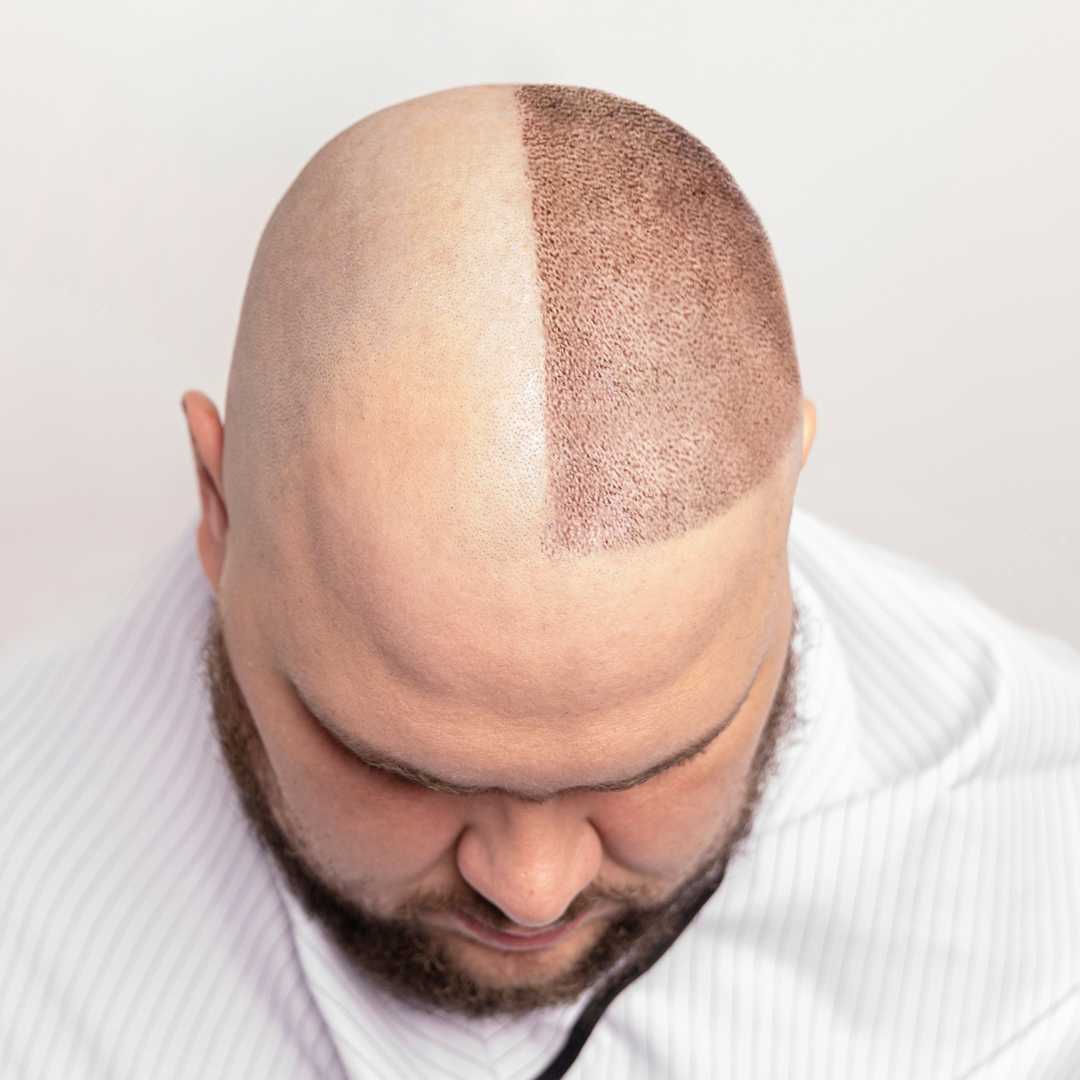
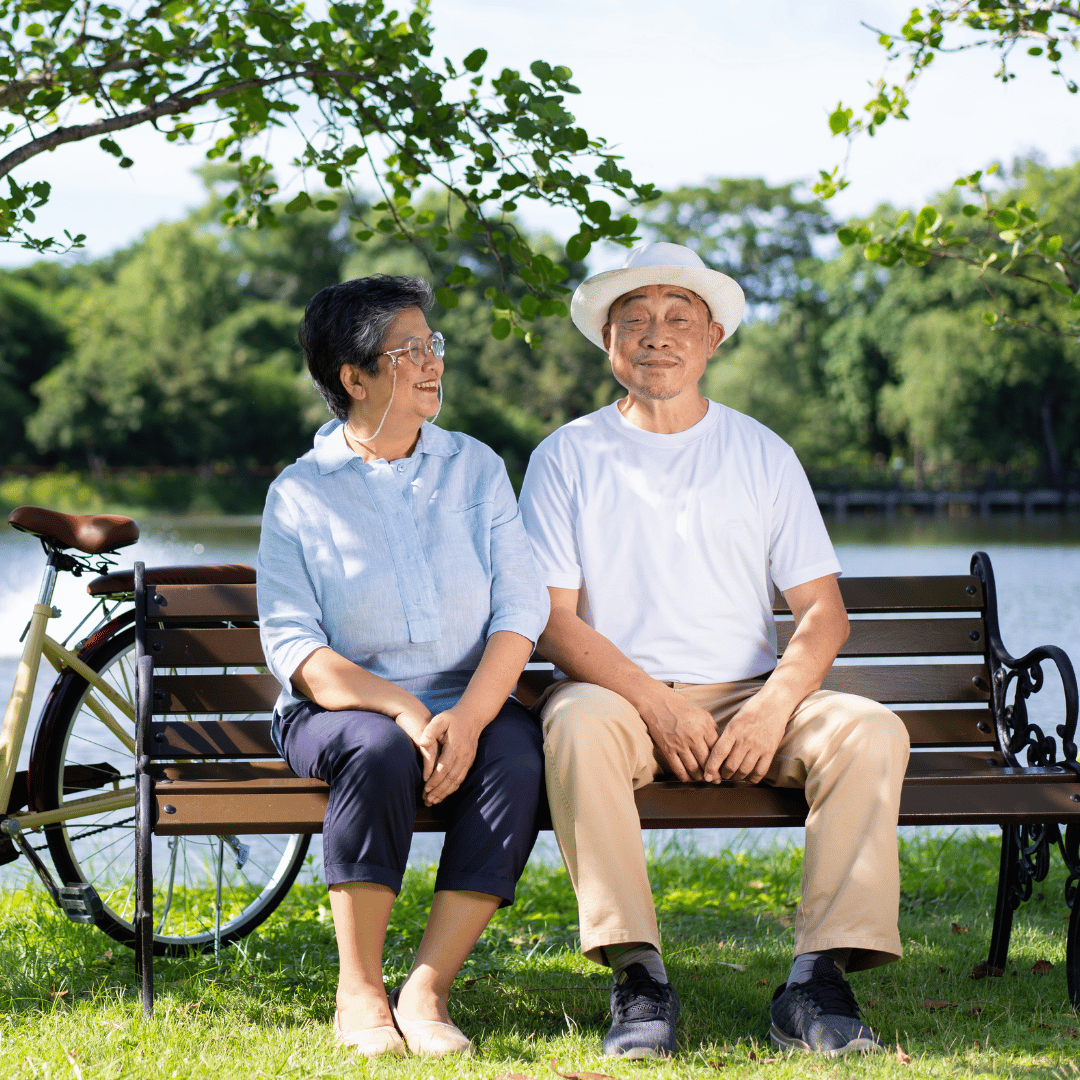

.png)
.png)
.png)

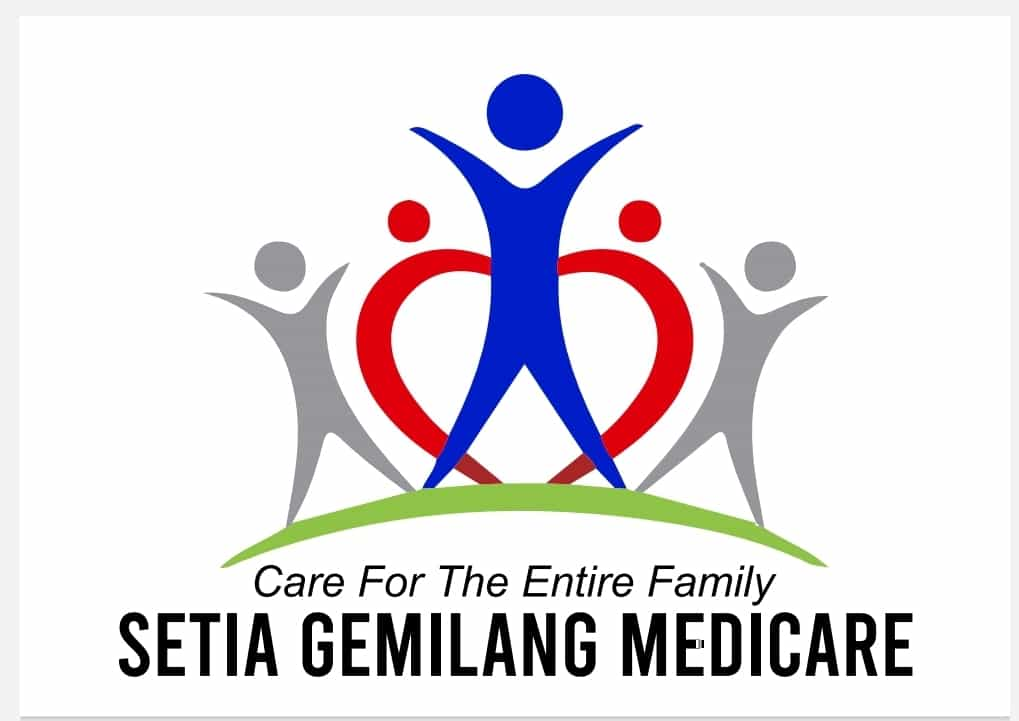
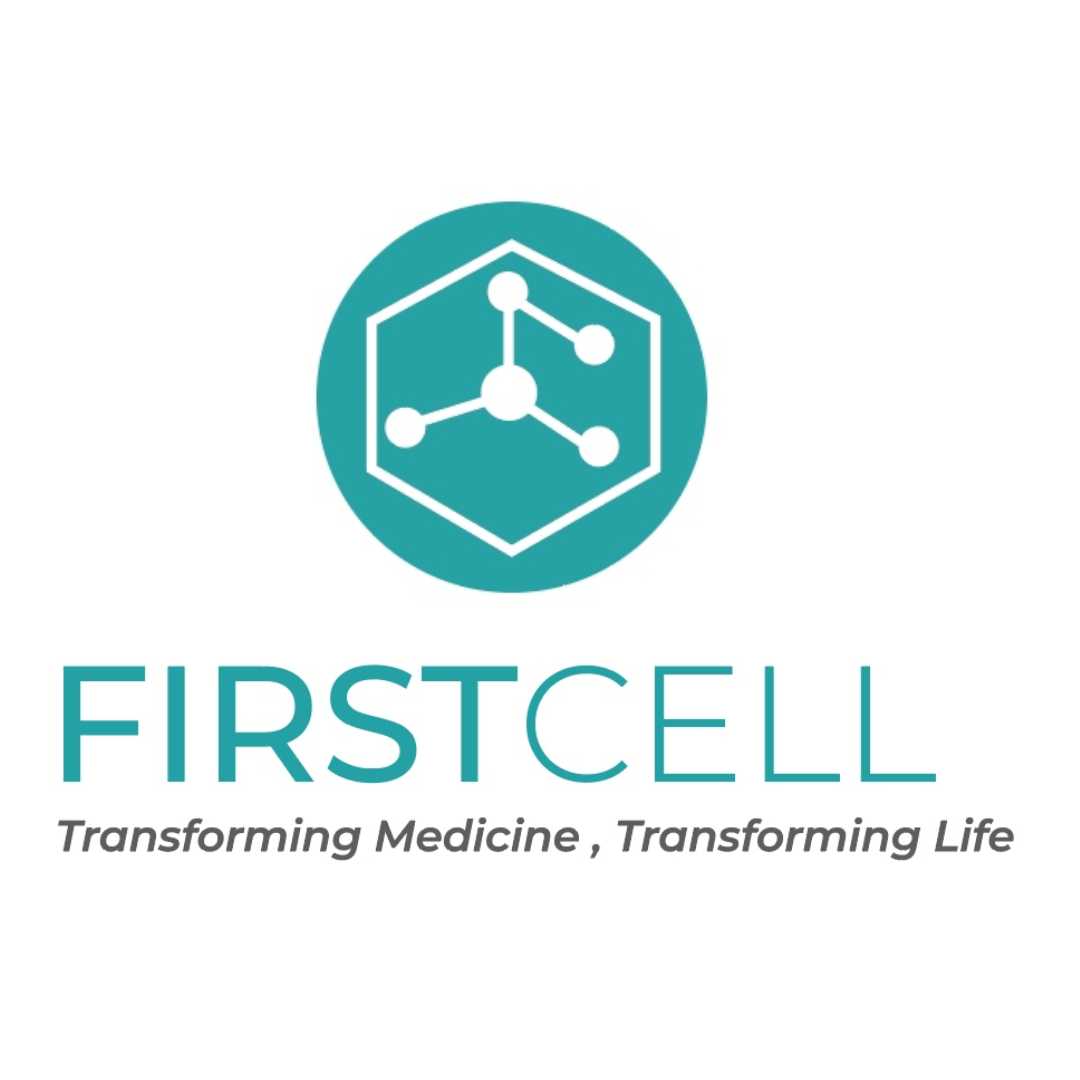
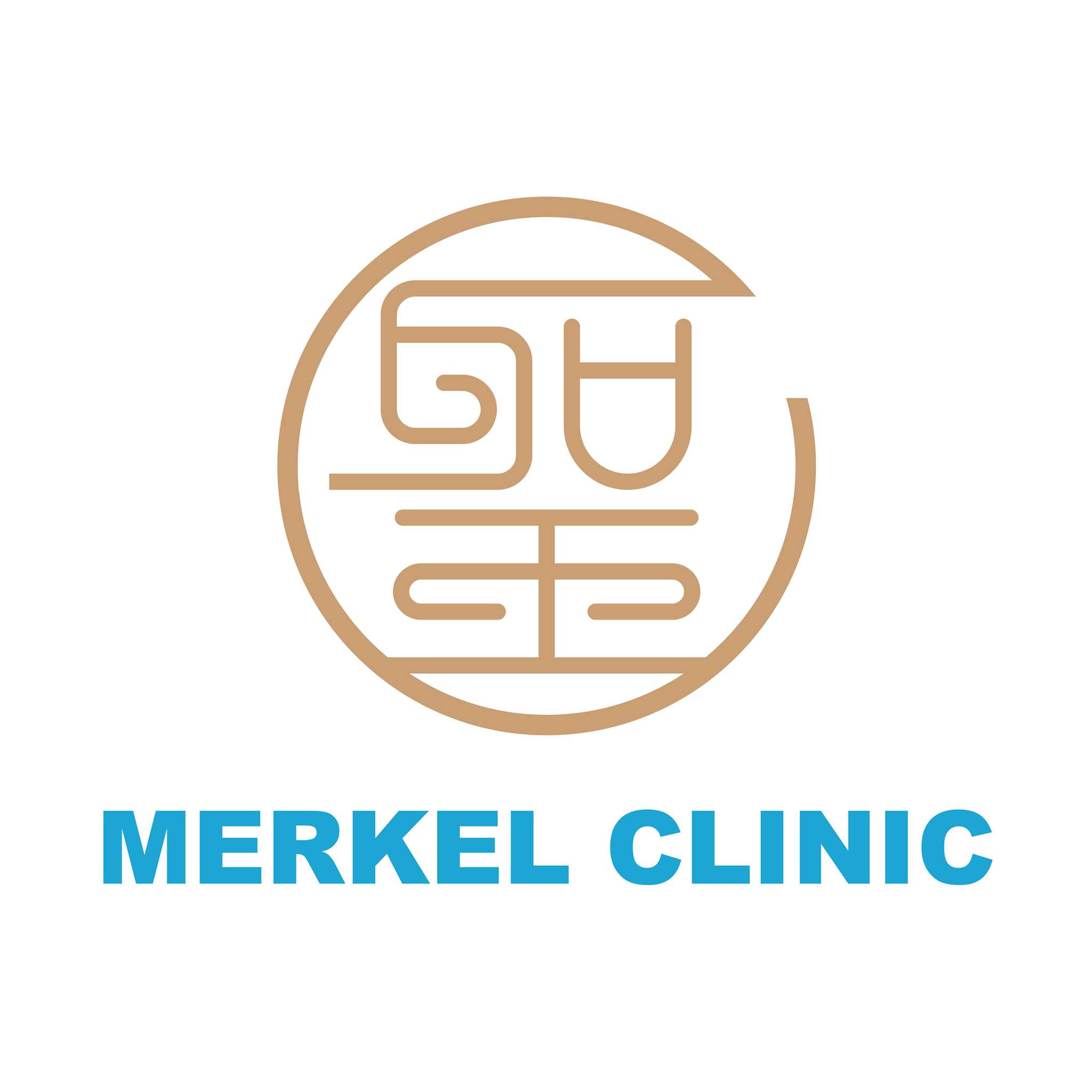



Share this listing